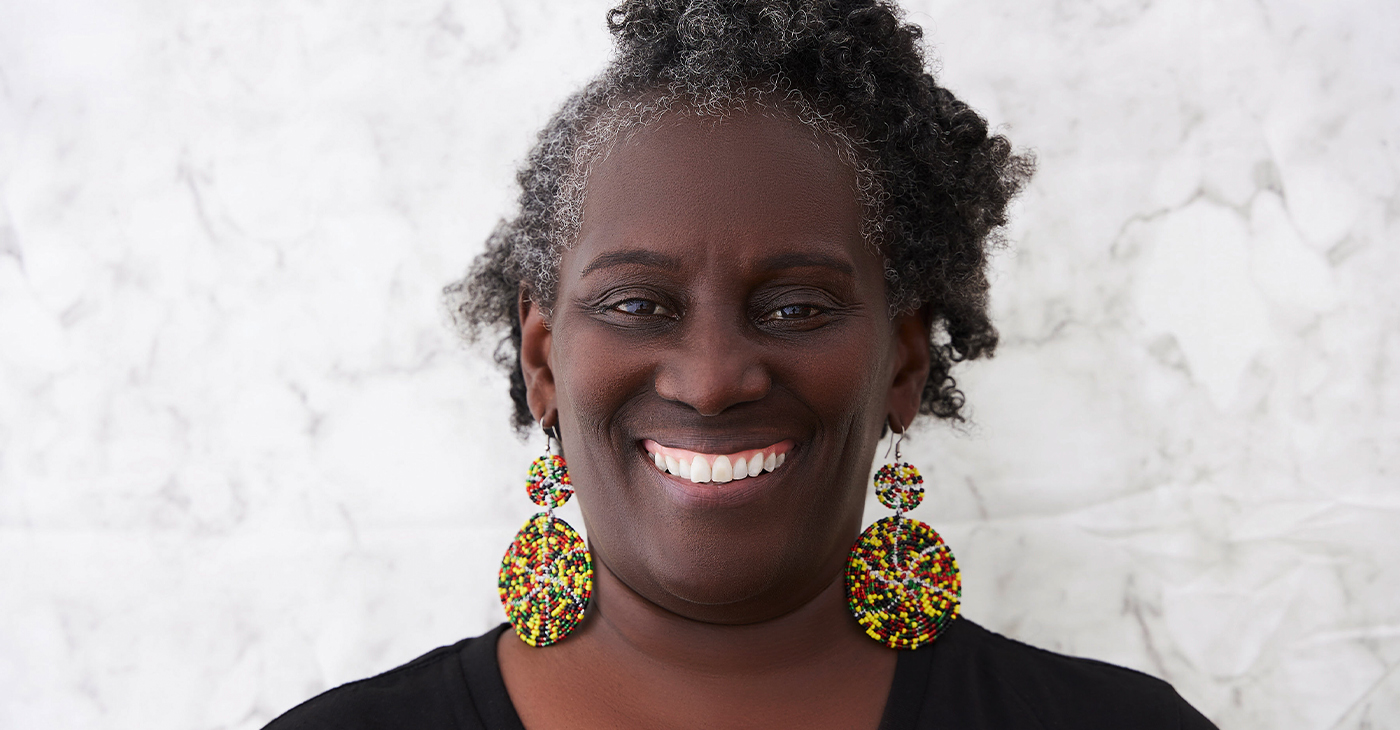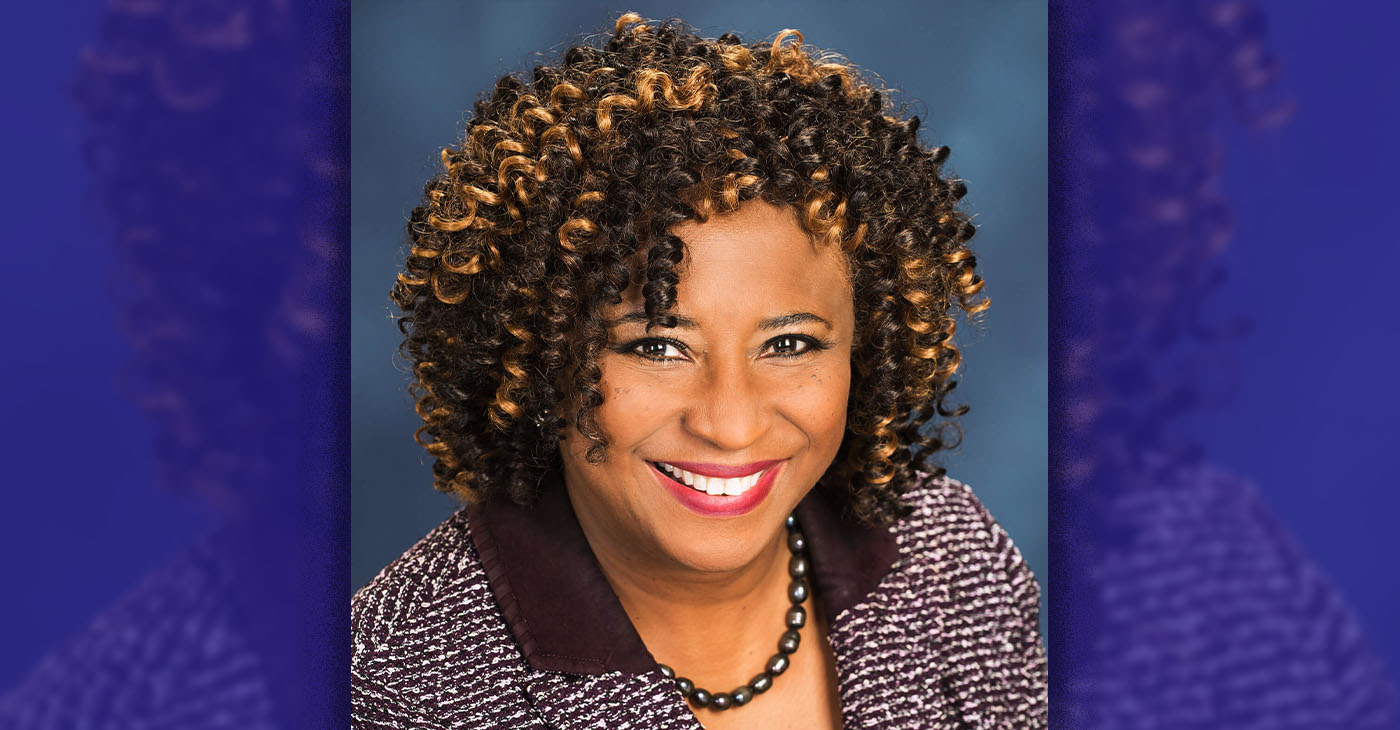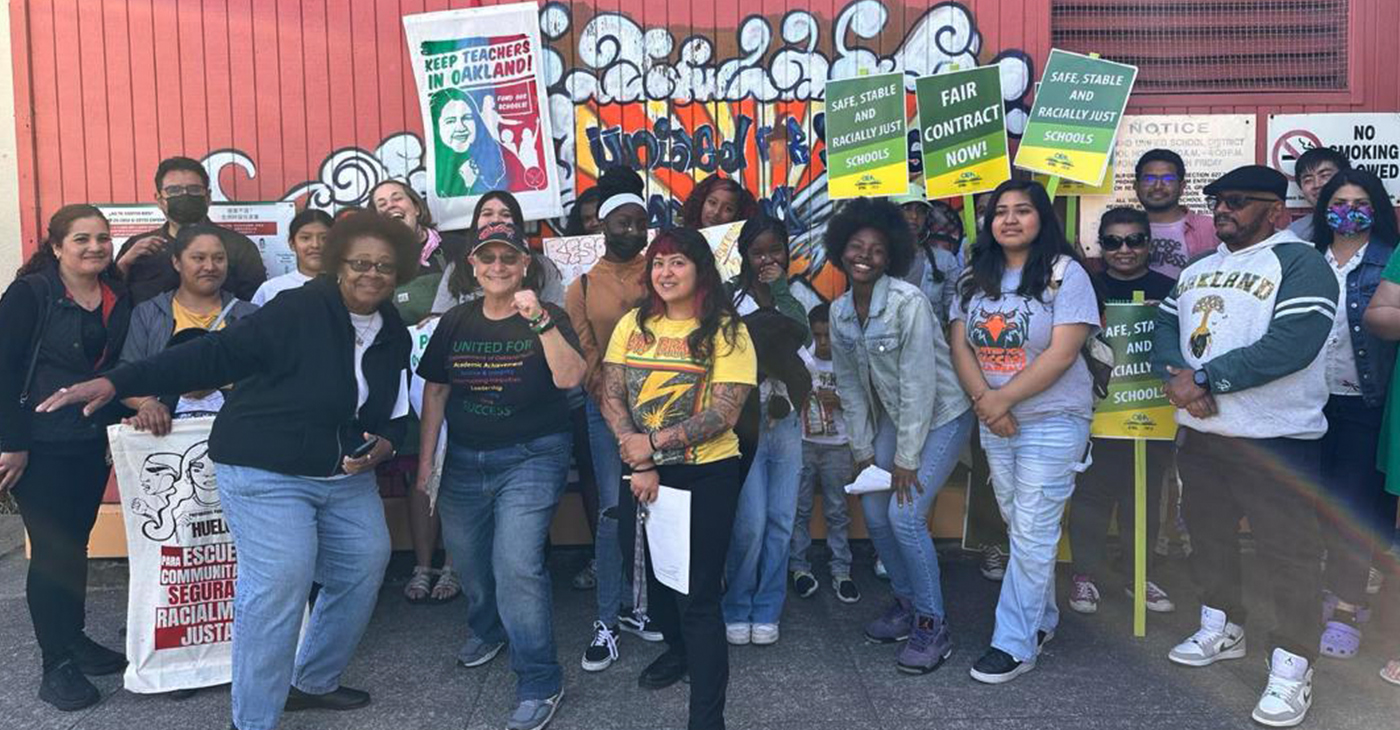Uncategorized
La ciudad quiere que los propietarios paguen a los inquilinos más por convertir los apartamentos en condominios
El Comité del Ayuntamiento Comunidad y Desarrollo Económico (CED) retrasó una decisión del martes en una propuesta para aumentar los pagos de reubicación a inquilinos que son echados de sus apartamentos a través de la Ley de desalojos Ellis.
La Ley de Ellis es una ley estatal que permite a los desalojos, cuando los propietarios optan por tomar las propiedades fuera del mercado de alquiler. Esta ley se ha convertido infame en San Francisco, que se utiliza para desplazar a cientos de inquilinos por propietarios que deseaban convertir unidades de alquiler de condominios a precio de mercado.
Aunque la Ley Ellis no se ha utilizado ampliamente en Oakland, los documentos presentados en el marco del acto de este año se han cuadruplicado a 12 desalojos, más de los cuatro el año pasado.
La propuesta de la ciudad extendería los pagos de reubicación a todos los inquilinos sujetos a la Ley Ellis, si son o no son de bajos ingresos, y aumentaría los pagos a los $8,000 por unidad de alquiler, más un extra de $ 2.500 por unidad a “inquilinos vulnerables”, como las personas mayores, inquilinos discapacitados e inquilinos con hijos menores de edad.
Los inquilinos afectados recibirían la mitad del pago en el momento de la notificación y la otra mitad en su fecha de mudanza.
Similares Ordenanzas de pago de reubicación ya están en marcha en varias ciudades de todo el área de la bahía, incluyendo San Francisco y Berkeley, donde las tasas son $5.500 por inquilino y $ 8.700 por unidad, respectivamente.
Actualmente, los pagos de reubicación de Oakland para desalojos por la Ley Ellis se restringen a los inquilinos de bajos ingresos y se limitan a dos meses de alquiler de los inquilinos en el momento de la notificación de desalojo.
“Con el aumento de los alquileres en Oakland, en virtud de la ordenanza actual, las personas que son desalojadas no tienen la compensación que necesitan para reubicarse”, dijo Connie Taylor, directora del Programa de Ajuste de Alquiler de Oakland, al hablar en la reunión de CED.
Otros oradores en la reunión plantearon una serie de preocupaciones sobre la ordenanza propuesta.
Los dueños de propiedades, representando la Asociación de Alquiler de Vivienda de East Bay, no se opusieron a las expansiones de pago de reubicación, pero expresaron su preocupación por la ordenanza permitiendo posiblemente a los inquilinos para impugnar legalmente el desalojo después de haber recibido su primera mitad de pago de reubicación.
En respuesta, la Vice alcalde Kaplan, que respaldó la ordenanza, dijo que al aceptar el primer pago, los inquilinos estarían firmando en su derecho a impugnar legalmente el desalojo.
Mientras tanto, los grupos de derechos como el Centro de Ley de la Comunidad del Este de la Bahía (EBCLC) y la Unión de Inquilinos de Oakland dijeron que la propuesta va en un largo camino para traer la ordenanza de Ley Ellis de Oakland a la par con el resto del área de la bahía, pero se queda corta en hacer cumplir que los inquilinos recibirán sus pagos de reubicación completa.
“La ordenanza no requiere contabilización de los fondos de reubicación con cualquier agencia de la ciudad al igual que otras ciudades hacen para asegurar que las cuotas se reciben”, dijo Ubaldo Fernández, un abogado de personal de la EBCLC.
La Concejal Lynette McElhaney también tenía preocupaciones sobre la actual propuesta, diciendo que es necesario que haya una manera “para añadir protecciones alrededor de los propietarios de bajos ingresos desalojando a inquilinos con ingresos más altos y teniendo que pagar.”
McElhaney dijo que estaba preocupada de que las ordenanzas de este tipo, aunque bien intencionados, podrían estar más lejos de ayudar al desplazamiento alentando a los propietarios de bajos ingresos -los más probables para cargar alquiler a precio de mercado- a vender sus propiedades a las empresas con más probabilidades de cobrar más caro.
“Tenemos que hacer un análisis adicional para ver”, dijo.
Mientras tanto, concejal Larry Reid favoreció posponer la propuesta para una fecha posterior, cuestionando si hay alguna urgencia en la aprobación de la ordenanza.
El Pastor Sandhya Jha, director de los programas interreligiosos en Organizaciones de Viviendas de East Bay (EBHO), dijo que estas protecciones a la Ley Ellis se necesitan con urgencia.
“Como alguien que ha visto un tercio de mi comunidad de fe quedarse relegados fuera de Oakland – gente trabajadora que querían seguir siendo un tejido de esta ciudad – esto es importante para mí como una persona de fe y alguien profundamente comprometido con la preservación de lo que es grandioso de esta ciudad”, dijo.
El Personal de la Ciudad presentará un informe sobre la ordenanza Ley Ellis el 12 de enero del próximo año, después de considerar la planteada opinión del público en la reunión del CED.
Arts and Culture
Rise East Project: Part 3
Between 1990 and 2020, Oakland lost nearly half of its Black population due to economic and social forces. East Oakland, once a middle-class community, is now home to mostly Black families living in poverty.

The Black Cultural Zone’s Pivotal Role in Rebuilding Oakland’s Black Community
By Tanya Dennis
Between 1990 and 2020, Oakland lost nearly half of its Black population due to economic and social forces. East Oakland, once a middle-class community, is now home to mostly Black families living in poverty.
In 2021, 314 Oakland residents died from COVID-19. More than 100 of them, or about 33.8%, were Black, a high rate of death as Blacks constitute only 22.8% of Oakland’s population.
This troubling fact did not go unnoticed by City and County agencies, and the public-at-large, ultimately leading to the development of several community organizations determined to combat what many deemed an existential threat to Oakland’s African American residents.
Eastside Arts Alliance had already proposed that a Black Cultural Zone be established in Deep East Oakland in 2010, but 2020’s COVID-19 pandemic galvanized the community.
Demanding Black legacy preservation, the Black Cultural Zone (BCZ) called for East Oakland to be made an “unapologetically Black” business, commercial, economic development community.
Established initially as a welcoming space for Black art and culture, BCZ emerged into a a community development collective, and acquired the Eastmont police substation in Eastmont Town Center from the City of Oakland in 2020.
Once there, BCZ immediately began combating the COVID-19 pandemic with drive-thru PPE distribution and food giveaways. BCZ’s Akoma Market program allowed businesses to sell their products and wares safely in a COVID-compliant space during the COVID-19 shutdown.
Currently, Akoma Market is operated twice a month at 73rd and Foothill Boulevard and Akoma vendors ‘pop up’ throughout the state at festivals and community-centered events like health fairs.
“Before BCZ existed, East Oakland was a very depressing place to live,” said Ari Curry, BCZ’s chief experience officer and a resident of East Oakland. “There was a sense of hopelessness and not being seen. BCZ allows us to be seen by bringing in the best of our culture and positive change into some of our most depressed areas.”
The culture zone innovates, incubates, informs, and elevates the Black community and centers it in arts and culture, Curry went on.
“With the mission to center ourselves unapologetically in arts, culture, and economics, BCZ allows us to design, resource, and build on collective power within our community for transformation,” Curry concluded.
As a part of Oakland Thrives, another community collective, BCZ began working to secure $100 million to develop a ‘40 by 40’ block area that runs from Seminary Avenue to the Oakland-San Leandro border and from MacArthur Boulevard to the Bay.
The project would come to be known as Rise East.
Carolyn Johnson, CEO of BCZ says, “Our mission is to build a vibrant legacy where we thrive economically, anchored in Black art and commerce. The power to do this is being realized with the Rise East Project.
“With collective power, we are pushing for good health and self-determination, which is true freedom,” Johnson says. “BCZ’s purpose is to innovate, to change something already established; to incubate, optimizing growth and development, and boost businesses’ economic growth with our programs; we inform as we serve as a trusted source of information for resources to help people; and most important, we elevate, promoting and boosting Black folks up higher with the services we deliver with excellence.
“Rise East powers our work in economics, Black health, education, and power building. Rise East is the way to get people to focus on what BCZ has been doing. The funding for the 40 by 40 Rise East project is funding the Black Culture Zone,” Johnson said.
Alameda County
Help Protect D.A. Pamela Price’s Victory
Alameda County District Attorney Pamela Price is asking supporters of the justice reform agenda that led her to victory last November to come to a Town Hall on public safety at Montclair Presbyterian Church on July 27.

By Post Staff
Alameda County District Attorney Pamela Price is asking supporters of the justice reform agenda that led her to victory last November to come to a Town Hall on public safety at Montclair Presbyterian Church on July 27.
Price is facing a possible recall election just six months into her term by civic and business interests, some of whom will be at the in-person meeting from 6:00-9:00 p.m. at 5701 Thornhill Dr. in Oakland.
“We know that opponents of criminal justice reform plan to attend this meeting and use it as a forum against the policies that Alameda County voters mandated DA Price to deliver. We cannot let them succeed,” her campaign team’s email appeal said.
“That’s why I’m asking you to join us at the town hall,” the email continued. “We need to show up in force and make sure that our voices are heard.”
Price’s campaign is also seeking donations to fight the effort to have her recalled.
Her history-making election as the first African American woman to hold the office had been a surprise to insiders who had expected that Terry Wiley, who served as assistant district attorney under outgoing D.A. Nancy O’Malley, would win.
Price campaigned as a progressive, making it clear to voters that she wanted to curb both pretrial detention and life-without-parole sentences among other things. She won, taking 53% of the vote.
Almost immediately, Price was challenged by some media outlets as well as business and civic groups who alleged, as she began to fulfill those campaign promises, that she was soft on crime.
On July 11, the recall committee called Save Alameda for Everyone (S.A.F.E.) filed paperwork with the county elections office to begin raising money for the next step toward Price’s ouster: gathering signatures of at least 10% of the electorate.
S.A.F.E. has its work cut out for them, but Price needs to be prepared to fight them to keep her office.
In a separate sponsored letter to voters, Price supporters wrote:
“We know that you supported DA Price because you believe in her vision for a more just and equitable Alameda County. We hope you share our belief that our criminal justice system has to be fair to everyone, regardless of their race, gender, ethnicity, religion, or socioeconomic status.
“The Republican-endorsed effort is a blatant attempt to overturn the will of the voters and a waste of time and money. It is an attempt to silence the voices of those who want real justice. We cannot let these election deniers succeed.
“Will you make a donation today to help us protect the win?
“Please watch this video and share it with your friends and family. We need to stand up to the sore losers and protect the win. Together, we can continue to make Alameda County a more just, safe and equitable place for everyone.”
For more information, go to the website: pamelaprice4da.com
or send an e-mail to info@pamelaprice4da.com
Bay Area
Oakland Teachers Walk Out
After negotiating late into the night and months of fruitless bargaining with the Oakland Unified School District, Oakland teachers went out on strike Thursday morning. “Our (50-member) bargaining team has been working for seven months working, making meaningful proposals that will strengthen our schools for our students,” said Oakland Education Association (OEA) Interim President Ismael “Ish” Armendariz, speaking at press conference Monday afternoon.

OEA calls unfair labor practices strike after 7 months of negotiations.
By Ken Epstein
After negotiating late into the night and months of fruitless bargaining with the Oakland Unified School District, Oakland teachers went out on strike Thursday morning.
“Our (50-member) bargaining team has been working for seven months working, making meaningful proposals that will strengthen our schools for our students,” said Oakland Education Association (OEA) Interim President Ismael “Ish” Armendariz, speaking at press conference Monday afternoon.
“OUSD has repeatedly canceled bargaining sessions, has failed to offer meaningful proposals or counterproposals at a majority of the bargaining sessions and has repeatedly failed to discuss certain items,” Armendariz said.
“The days (of bargaining) have been long, and after hours of waiting, the superintendent finally showed up on Sunday night at 11:00 p.m.to meet with our team (for the first time),” he said. “(But) the district continues to come to the table unprepared, and this is unacceptable.”
“This is illegal, and OEA has filed an Unfair Labor Practice charge with the state Public Employment Relations Board (PERB). Under California law, OEA has a right to strike over unfair labor practices,” he said.
OEA represents 3,000 teachers, counselors, psychologists, speech pathologists, early childhood educators, nurses, adult education instructors and substitute teachers, serving 35,000 Oakland public school students. Other labor groups representing school employees include SEIU 1021 and construction unions.
In a press statement released on Tuesday, OUSD said it has been trying to avert a strike.
“The district will remain ready to meet with the teachers’ union at any time and looks forward to continuing our efforts to reach an agreement with OEA … We will continue to do everything possible to avoid a work stoppage.”
“Our children’s education does not need to be interrupted by negotiations with our union, especially given the major offer the District made on Monday,” other district press statements said. “We are committed to continuing to work with our labor leaders to discuss their salaries and support services for our students without the need for a strike.”
OUSD’s latest salary proposal, released this week, includes a 10% raise retroactive to Nov. 1, 2022, and a $5,000, one-time payment to all members.
OEA’s recent salary proposal asked for a 10% retroactive raise to all members, a one-time $10,000 payment to members who return for the 2023-2024 school year, and increases from $7,500 to $10,000 to salaries, based on years of experience.
In addition to pay demands, OEA is making “common good” proposals that serve families and the community, including protecting and enhancing special education programs, putting the brakes on closing schools in flatland neighborhoods, shared school leadership, safety, and support for students.
-

 Activism3 weeks ago
Activism3 weeks agoBooks for Ghana
-

 Arts and Culture4 weeks ago
Arts and Culture4 weeks agoPromise Marks Performs Songs of Etta James in One-Woman Show, “A Sunday Kind of Love” at the Black Repertory Theater in Berkeley
-

 Bay Area3 weeks ago
Bay Area3 weeks agoGlydways Breaking Ground on 14-Acre Demonstration Facility at Hilltop Mall
-

 Activism4 weeks ago
Activism4 weeks ago‘Donald Trump Is Not a God:’ Rep. Bennie Thompson Blasts Trump’s Call to Jail Him
-

 Arts and Culture3 weeks ago
Arts and Culture3 weeks agoIn ‘Affrilachia: Testimonies,’ Puts Blacks in Appalacia on the Map
-

 Activism3 weeks ago
Activism3 weeks agoLiving His Legacy: The Late Oscar Wright’s “Village” Vows to Inherit Activist’s Commitment to Education
-

 Alameda County3 weeks ago
Alameda County3 weeks agoAC Transit Holiday Bus Offering Free Rides Since 1963
-

 #NNPA BlackPress4 weeks ago
#NNPA BlackPress4 weeks agoCalifornia, Districts Try to Recruit and Retain Black Teachers; Advocates Say More Should Be Done










































